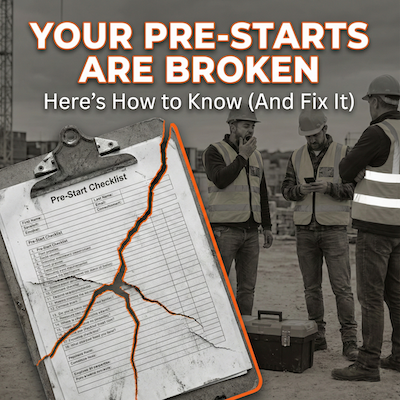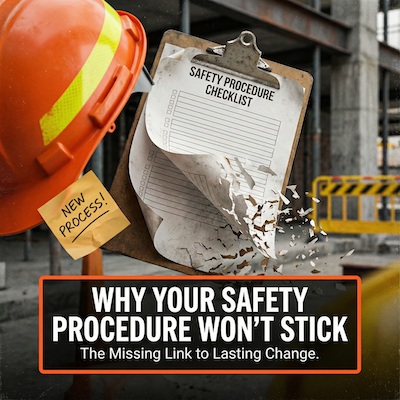In the world of construction, safety management remains a critical yet divisive issue. Over the past 20 years, outsourcing has become a widespread practice across various industries, with companies benefitting from specialised expertise and cost-effective solutions. However, the debate surrounding the outsourcing of construction safety management continues to spark controversy. This article aims to explore both sides of the argument and encourage informed decision-making among senior safety managers in the Australian construction industry.

The Benefits of Outsourcing Construction Safety Management
The case for outsourcing construction safety management hinges on three key benefits. First, access to specialised expertise allows companies to capitalise on the experience of outsourced safety professionals who have honed their skills across numerous projects. These experts are also adept at navigating the ever-evolving landscape of safety regulations and guidelines, ensuring that construction firms remain compliant and up-to-date.
Second, outsourcing can be a cost-effective solution, reducing overheads and operational costs associated with maintaining an in-house safety team. By allocating resources more efficiently towards core business functions, construction firms can better manage their budgets and focus on delivering projects on time and within scope.
Lastly, improved risk management is a key advantage of outsourcing safety management. External perspectives can identify potential hazards that may be overlooked by internal teams. Moreover, outsourced professionals can help streamline safety protocols, creating a safer work environment for all.

Concerns and Counterarguments
Despite these benefits, concerns around outsourcing safety management persist. Detractors argue that outsourcing can lead to a loss of control and agency, with the potential for the metaphorical "pilot not being with the plane." Additionally, confidentiality and security risks may arise when sharing sensitive information with external parties. Furthermore, the quality of service provided by the outsourced personnel may not always meet the expectations of the hiring firm.
No clear winner
It is essential to acknowledge the complexity of the outsourcing debate in construction safety management. Examining real-life examples of outsourcing in other industries, such as lawyers and accountants, reveals that the structure of outsourcing is not inherently the issue. Rather, the quality of the people a company chooses to work with is crucial to success.

Strategies for Success and Hybrid Solutions
To address these concerns, senior safety managers can implement various strategies. Clear communication channels and expectations, coupled with performance indicators and review systems, can help maintain control over outsourced safety management.
Strict non-disclosure agreements and adherence to privacy laws can mitigate confidentiality and security risks. Ultimately, the key to ensuring quality of service lies in selecting the right outsourcing partner, one that aligns with the company's values and adheres to high performance standards.
A hybrid approach, combining external expertise with in-house, project-based teams, may present a highly effective solution. This model allows for a balance between the benefits of outsourced professionals and the control and agency retained by in-house personnel. By adopting a flexible strategy, construction firms can create a safety management system tailored to their unique needs.
"Who" is more important than "how"
In conclusion, Scratchie encourages embracing outsourcing in construction safety management with prudence and flexibility. Construction company leaders should spend their efforts finding well-reputed people to work with. Only then, weigh the pros and cons of outsourcing and consider hybrid solutions to cater to the unique needs of each project and organisation. By doing so, they can harness the potential benefits of outsourcing and contribute to a safer, more efficient construction industry in Australia.










.svg)
